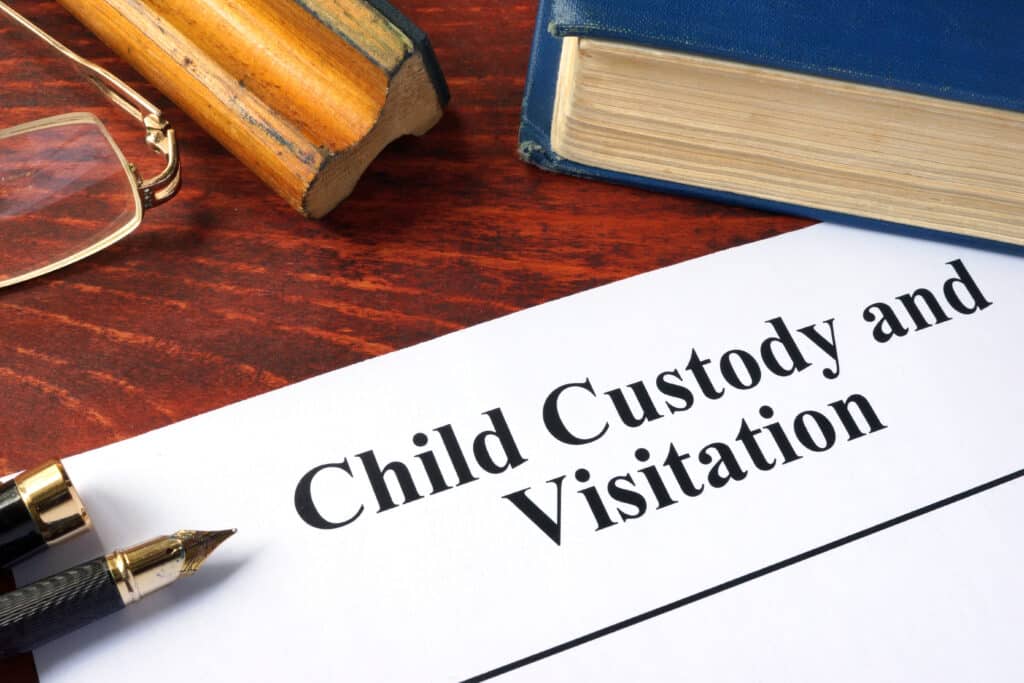In the many complexities of divorce, spousal support is one aspect that needs to be determined before a divorce is finalized. Spousal support is also referred to as alimony or maintenance. This payment may be court-ordered or mutually agreed upon by the partners to help one spouse retain financial sustenance. If partners split and spousal support is not given, the partner that makes a lower income could fall into economic hardship. A common question around the topic of spousal support is the duration of the financial support. Below we will explore some factors that can impact the duration of financial support and your divorce.
Our lawyers at Kaufman, Nichols & Kaufman work to help couples or individuals in Utah navigate all the complex parts of a divorce. Our lawyers can help you understand alimony, child support, or other aspects of divorce that can get messy. Navigating these issues can help you get what you deserve out of the marriage and help you get back on your feet.
Types Of Spousal Support
Depending on the type of support you determine during your divorce can affect the timeline of your support. Here are the common types of spousal support.
Temporary Spousal Support
This is often awarded during a divorce to help both parties maintain their financial status quo. This timeline is often based on whether either party becomes more financially independent or if living situations change.
Permanent Spousal Support
Long-term or permanent support can be awarded during the divorce or after. Depending on financial situations, cost of living, and any other long-term decisions your lawyers see fit to include.
Duration Of Marriage Length
The length of your marriage can also determine the duration of spousal support. Shorter marriages may result in shorter alimony durations. If you have been married for decades and have become accustomed to this financial situation, spousal support may required for longer.
Financial Independence
The primary goal of spousal support is to help the recipient become financially independent. The duration of support may depend on how long the partner takes to acquire education, job training, or steady employment. The courts will also factor in the recipient’s existing skills and health which can make finding a job easier.
Cohabitation Or Remarriage
Changing living situations or a new relationship can change the duration of spousal support. If the partner receiving spousal support remarries or begins to cohabitate, the paying partner can potentially terminate financial support or modify the terms of alimony. Specifics of cohabitation or remarriage can change based on jurisdiction, so local laws will come into effect during this part of the divorce.
Timeline Agreed Upon By Both Parties
Some partners may reach a timeline agreement without the help of a divorce lawyer. This timeline can be determined by negotiation and verified by the courts. This is one of the most amicable ways to determine how long financial support is required. This is because the partners know each other’s specific situations and how their income could help the other.
Divorce Help From Kaufman, Nichols, & Kaufman
If you are considering separation for any reason, our lawyers and divorce experts can help. We help you navigate alimony payments or any other roadblock that may occur during divorce. KNK is your legal advocate for all things divorce and family law. Defending your rights and helping you get the spousal support you deserve is important to every member of our team.
The firm has undergone many changes over the years, but our team currently consists of 6 attorneys, 5 paralegals, and additional staff that help everything run smoothly. We continue to grow into one of the strongest firms in the state of Utah. We serve most of Weber County and surrounding areas with all their family needs.









